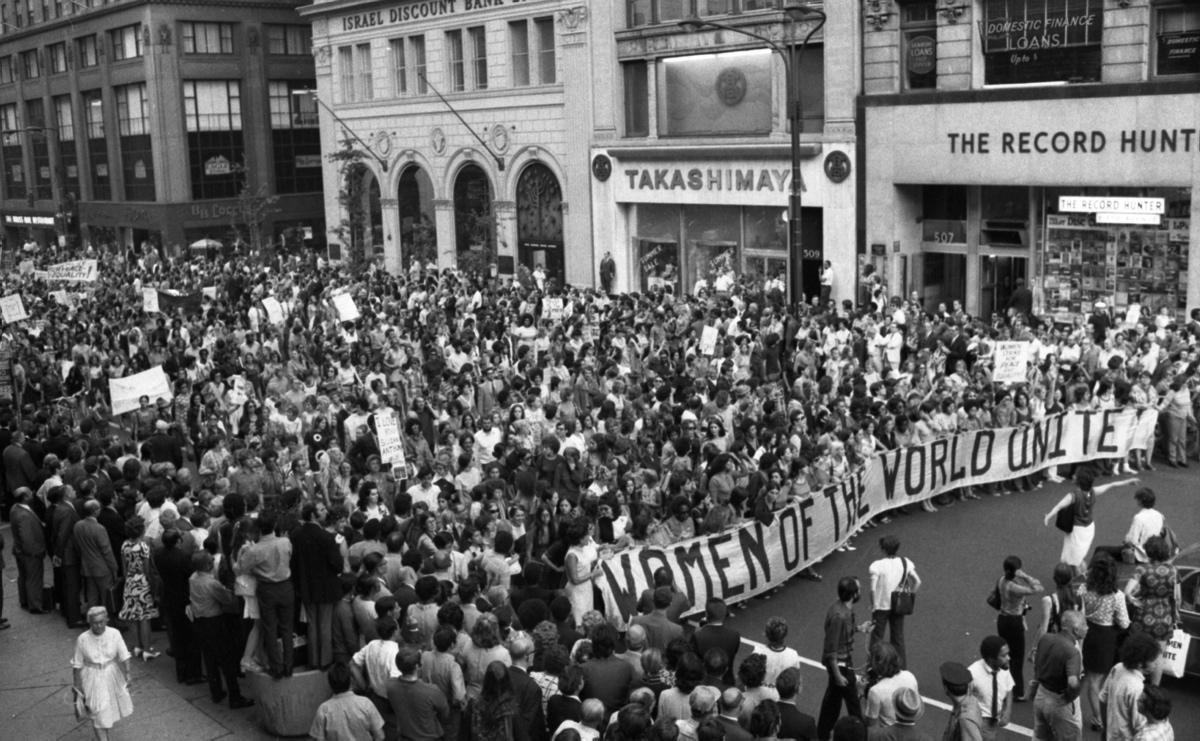Writing for Viewpoint Magazine, Liz Mason-Deese explores how #MeToo can grow from seeking the exposure and prosecution of individual cases of sexual assault, to a larger movement for women’s liberation. For ideas on how this kind of growth might be achieved, Mason-Deese looks to women-led social movements in Latin America. Read an excerpt from the piece below, or the full text here.
The viralization of #MeToo then adds to this growing organization of women and concomitant awareness of the scale of gender-based oppression. The spread of the hashtag and the narratives accompanying it were powerful not only for making visible what every woman already knows – that in every industry and in every space, men harass, abuse, and assault women – but also as an action through which women could find a collective voice, to intervene in public debate, and to also create new conversations and therefore new subjectivities among women. However, many felt ignored or left out by the focus on certain industries and deserving subjects. The #MeToo movement is thus at its weakest when it is limited to individual denunciations made by famous women, or when it its energy is limited to focusing exclusively on institutional action and change. Here I will explore what the #MeToo movement can learn from the experiences of this recent wave of feminisms in Latin America and that, by doing so, can develop new insights into the connections between forms of violence and create a new form of politics that challenges the fundamental basis of gender inequalities.
Image: New York City, 1970. Via NY Daily News.
